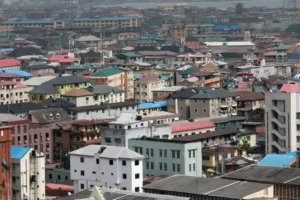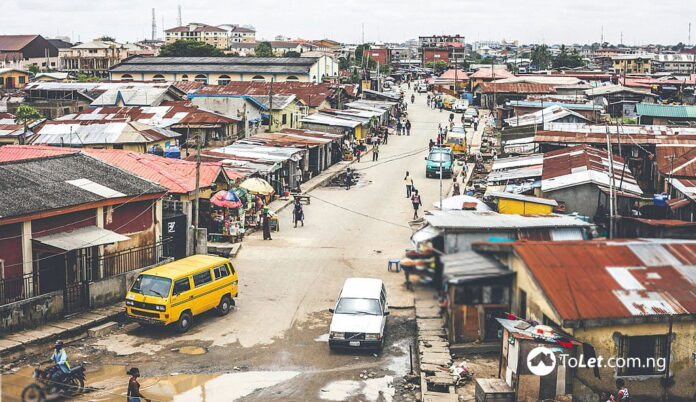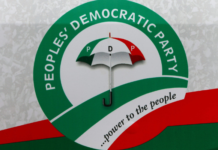Rising economic pressures in Nigeria have led to increased rent defaults as tenants continue to favour yearly payments. With inflation reaching 34.6 per cent and high unemployment rates, many tenants struggle to meet their obligations, forcing landlords to confront mounting arrears. Tenants in Nigeria are increasingly struggling to cope with skyrocketing rents amid a worsening cost-of-living crisis.
Tenants in Nigeria are increasingly struggling to cope with skyrocketing rents amid a worsening cost-of-living crisis.
As inflation reached a staggering 34.6 per cent in November 2024, landlords have raised rents by up to 100 per cent in major cities like Lagos, exacerbating financial strain on tenants whose incomes have stagnated.
Reports indicate that about 80 per cent of properties managed by some landlords have defaulting tenants, prompting frustration and consideration of selling.
Despite government efforts to promote monthly payments, cultural preferences for annual rent persist, complicating the situation further. Landlords are increasingly frustrated with rising rent defaults, prompting some to consider selling their properties. Many report difficulties collecting rents, especially from long-term tenants who have fallen behind on payments.
The Lagos State Tenancy Law is cited as a barrier, making it challenging for landlords to recover their properties from defaulters. As a result, investors are shying away from the buy-to-let market, fearing prolonged returns on investment due to the economic downturn and high living costs. Some landlords are contemplating raising rents further to offset losses despite tenant pushback.
Experts suggest that the situation will only worsen without government intervention, such as rent control, leaving tenants trapped in a cycle of high costs and diminishing purchasing power. Despite these challenges, renters in Lagos State have shown strong interest in yearly rent payments over monthly payment of rent as projected by the BuyLetLive 2024 housing market survey.
This is despite the arbitrary rent hike derailing local and foreign investment in the country’s real estate sector. The report also stated that economic instabilities in the country, such as inflation and exchange rate volatility, were derailing both local and foreign investments in the sector, with investors taking a “wait and see” approach.
This is even as the report projected that such a strategy would result in competition for existing housing units in high-demand areas. The report by BuyLetLive, ‘Residential Occupier Report,’ stated that 63 per cent of respondents prefer a yearly rent payment over a monthly fee.
The survey data conflicts with popular opinions and the Lagos State government’s plans to introduce monthly online rent payments in the state’s real estate sector. According to the report, about 62.6 per cent of our Lagos respondents still prefer annual rental payments over other payment methods.
The state government revealed this in a document titled “EKO Revenue Plus Summit,” which was themed “Unlocking New Revenue Streams for Lagos State.” The plan outlines generating N2.5 billion annually from approximately 100,000 subscriptions yearly.
The report indicated that the Lagos State government will co-own the digital platform, with agencies like the Lagos State Ministry of Housing and other MDAs serving as technical partners. Another 36.4 per cent indicated interest in moving within the next six to 12 months. The report noted that Lagosians’ rental preference suggests a strong demand for affordable housing in the state.




